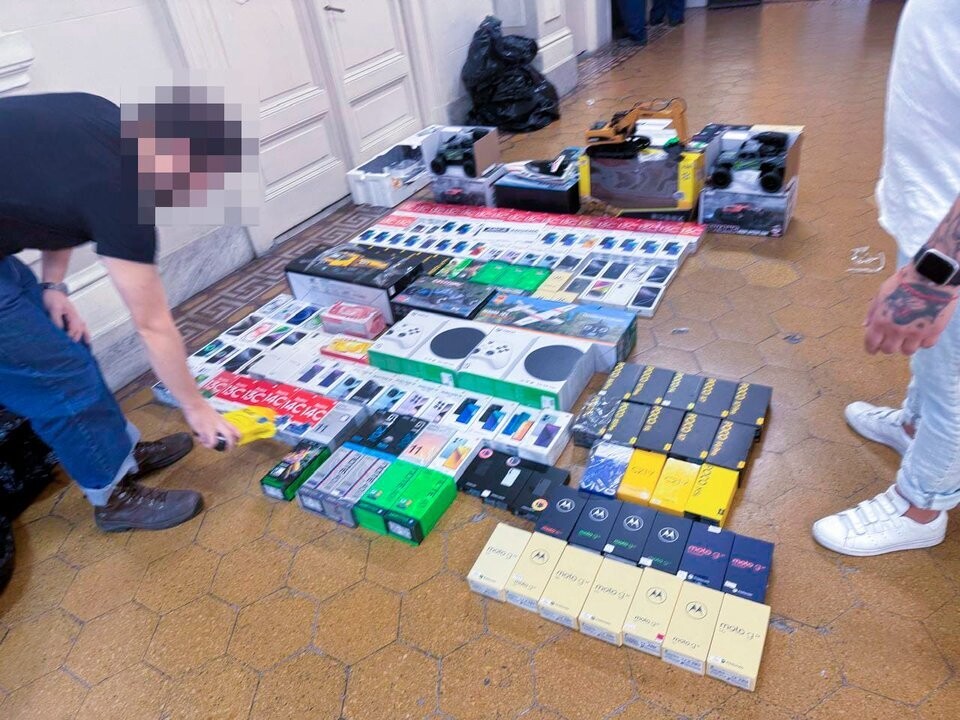
According to information from ARCA, the Revenue and Customs Control Agency, numerous international trade crimes were detected in various locations in the Metropolitan Area of Buenos Aires (AMBA) during a joint operation carried out by ARCA officials, agents from the General Customs Administration, and the General Tax Administration.
The procedures were carried out at two addresses in CABA and three stores in a well-known shopping center located in the Buenos Aires locality of Tortuguitas. These inspections were jointly conducted by the National Secretariat of Commerce. The epicenter of the operation was an apartment on Libertador and Olazábal, in the Buenos Aires neighborhood of Belgrano, where customs seized nearly 2,500 devices, including several Flipper Zero intended to interact with access control systems.
Regarding those responsible for these acts, they could face sentences of up to 3 years in prison and minimum fines of US$8 million for aiding smuggling. In Tortuguitas, customs closed two stores dedicated to selling cell phone products and accessories due to the unjustified possession of foreign goods without the appropriate supporting documentation.
Among the 818 seized technology products, 88 smartwatches and more than 190 cell phones from recognized brands such as Apple and Samsung stand out. The confiscated merchandise is valued at over US$500,000, so fines could amount to US$2.5 million based on articles 986 and 987 of the Customs Code, totaling 2.8 million dollars in seized merchandise.
ARCA reported that at a residence in Belgrano, products valued at US$2.2 million were seized, including the Flipper Zero, known for their ability to unlock cars and hack WiFi networks. All seized products lacked the corresponding supporting documentation.













